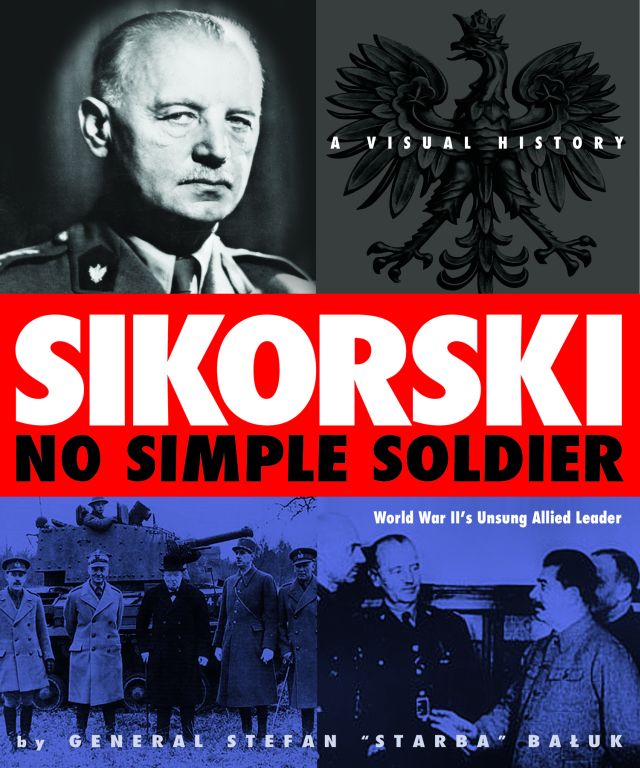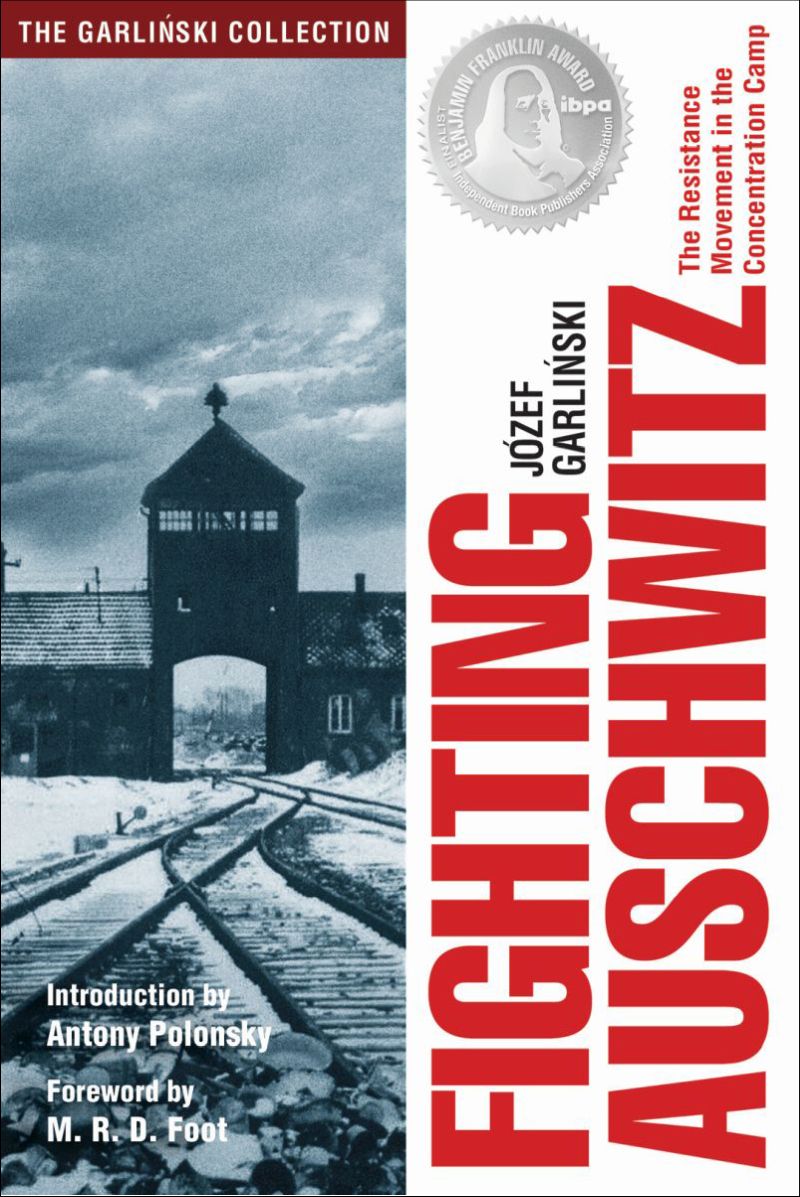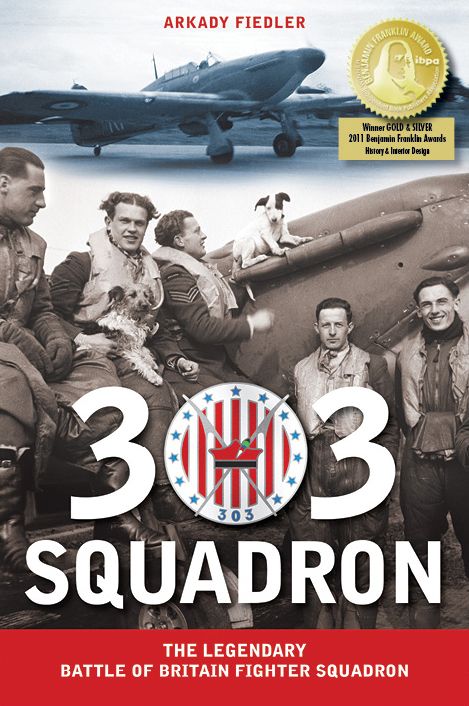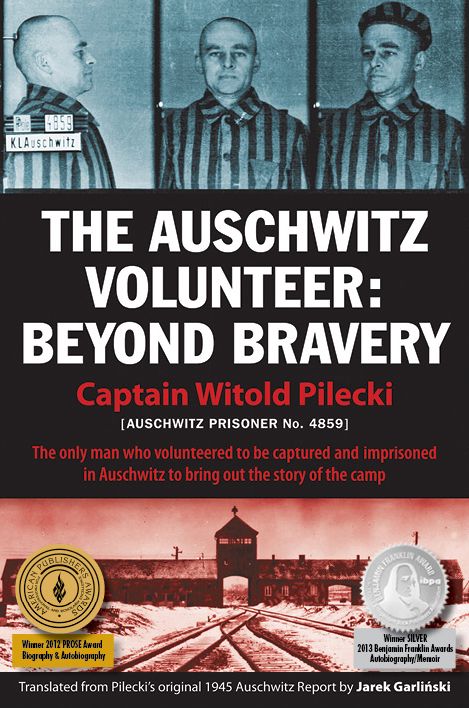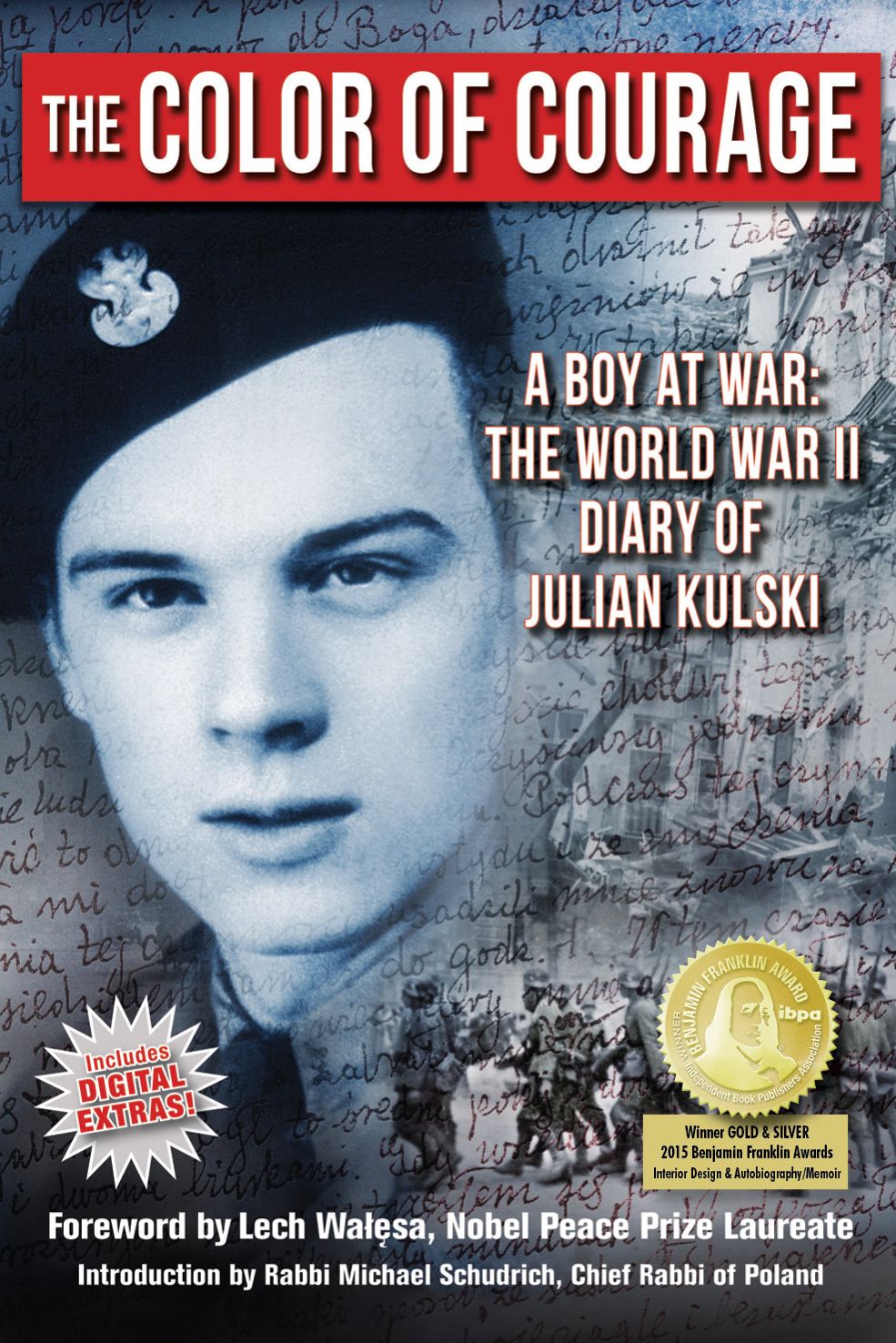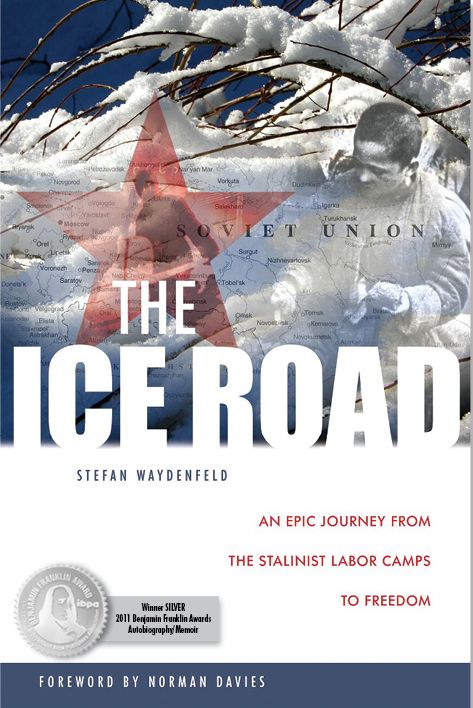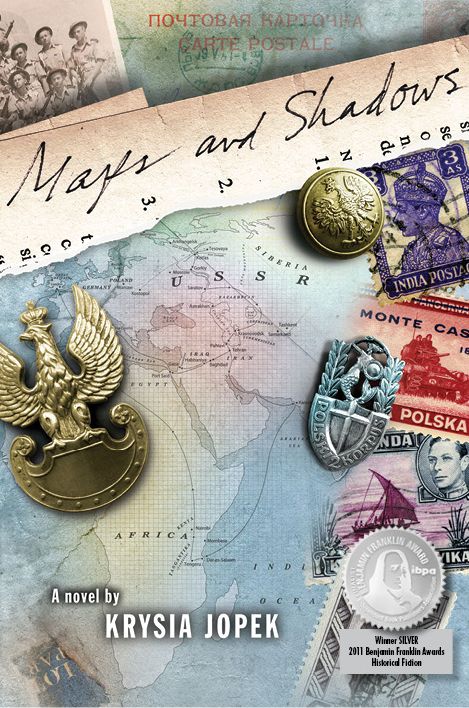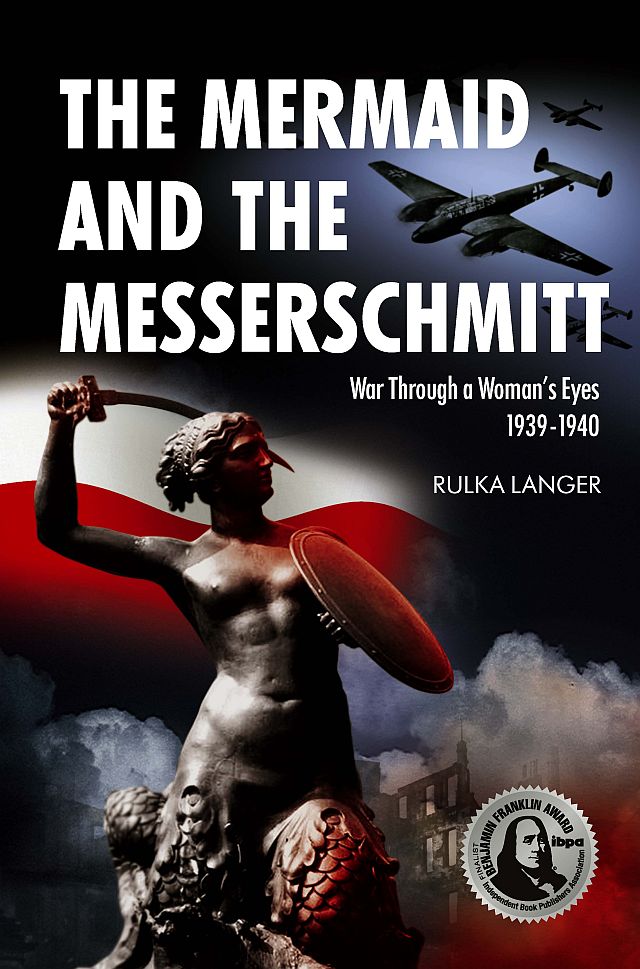The Ice Road - Author Bio
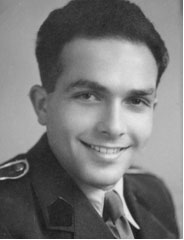 Dr. Stefan Waydenfeld, 1945DR. STEFAN WAYDENFELD (1925-2011) was born in a suburb of Warsaw, Poland, came from a successful and well-educated professional family. Waydenfeld’s father was a medical doctor who specialized in the treatment of tuberculosis in children and young adults, and his mother was a bacteriologist specializing in clinical pathology.
Dr. Stefan Waydenfeld, 1945DR. STEFAN WAYDENFELD (1925-2011) was born in a suburb of Warsaw, Poland, came from a successful and well-educated professional family. Waydenfeld’s father was a medical doctor who specialized in the treatment of tuberculosis in children and young adults, and his mother was a bacteriologist specializing in clinical pathology.
Waydenfeld was 14 years old when World War II began with the Nazi German invasion of Poland on September 1, 1939. Rushing to join his father in the Polish defense, young Waydenfeld encountered the Soviet army, which invaded from the east on September 17, 1939. Soon he was dodging the daily tyranny of the Soviet occupiers—until the Soviets caught up with him and his parents, deporting them to a Siberian forced labor camp.
After their escape and long journey to freedom, Waydenfeld trained with the newly formed Second Polish Corps in British-occupied Persia and Iraq. He graduated from the Polish Army Officer School and fought with the Allies on the Italian front, taking part in a number of battles, including Monte Cassino.
Following the end of the war, Waydenfeld studied medicine at the University of Bologna, Italy; the University of Paris, France; and graduated from the Royal College of Surgeons, Dublin, Ireland. He decided to settle in England. A member of the British Medical Association, Waydenfeld was retired from his general medical practice and lived in London.
Fluent in Polish, Russian and English, and with a working knowledge of French, Italian and Latin, Waydenfeld had over forty years experience in the translation of both medical and non-medical texts.
Dr. Waydenfeld describes his experiences in a blogpost on the Huffington Post, where he concludes:
"If you are suddenly caught in a whirlwind you need to mobilize all your skills. And, never knowing what crises might arise, I also learned the habit of lateral thinking, which helped me to solve problems quickly. But these are consolation prizes for the fortunate, for those who survived.
"Individuals get caught in conflicts not of their making. Their stories must be told -- though it may be too much to hope that in the future nations will pause before repeating the errors of history...


